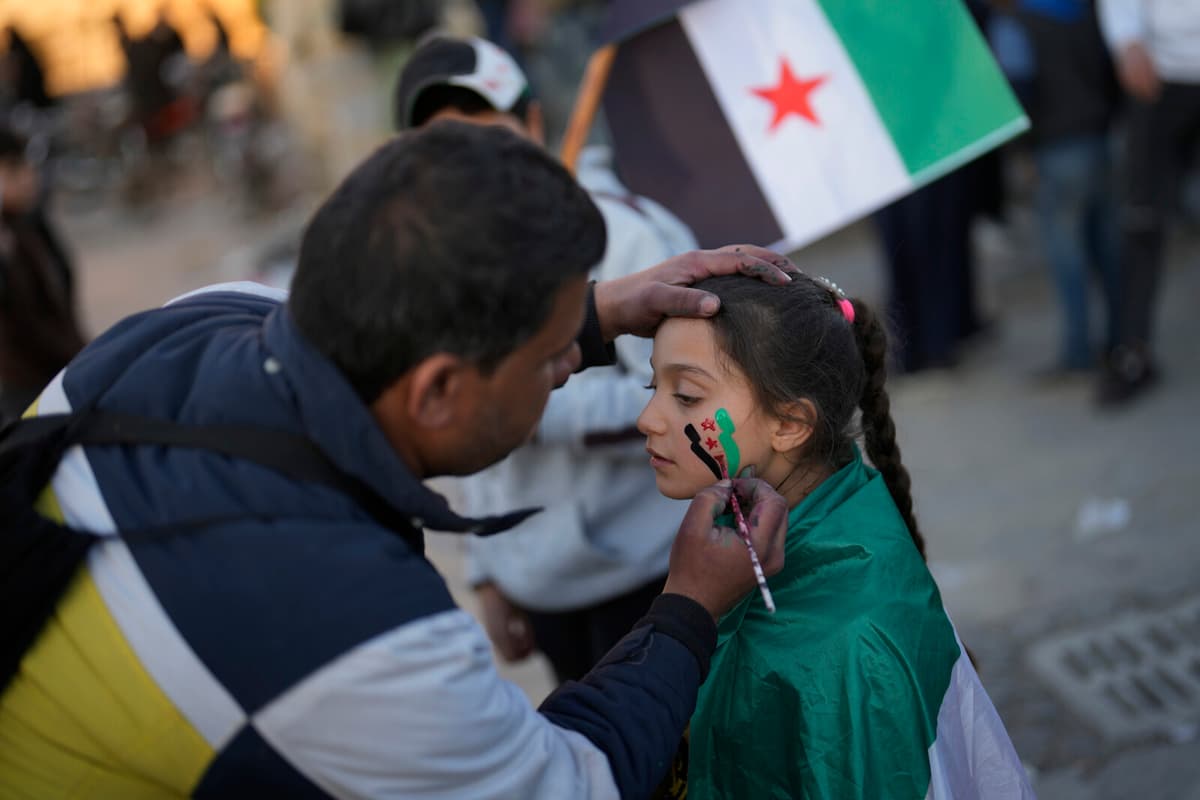The development in Syria was one of the main topics when the EU foreign ministers gathered in Brussels on Monday. At the same time, the head of the EU's Syria delegation traveled from Beirut to Damascus to meet with representatives of the country's new government.
The EU - like the rest of the world - is currently pondering how to relate to the Syrian leadership.
For us, it's not just about words, but we want to see action. The coming weeks and months will show if it's going in the right direction, says Kallas.
She emphasizes that the Syrians themselves must lead the "process" - and that Russia and Iran should not have any role in the country's future.
One of the most acute questions is what to do with the sanctions against Syria - even though they are largely directed against the former Assad regime. At the same time, the Islamist militia HTS (Hayat Tahrir al-Sham) is also on the EU's and UN's sanctions and terror lists.
It's a listing that the EU also follows, and therefore Sweden as well. It's a factor that we have to weigh in when we now discuss how we will work further, says Sweden's Foreign Minister Maria Malmer Stenergard (M).






